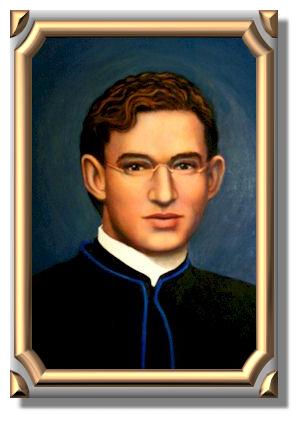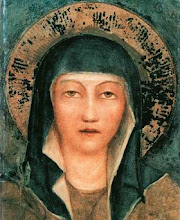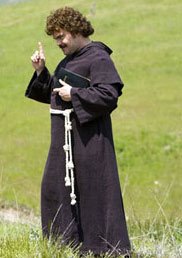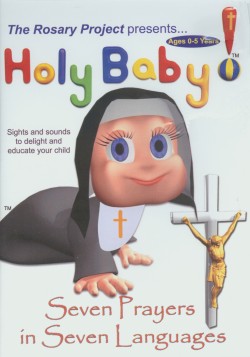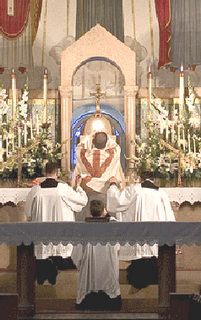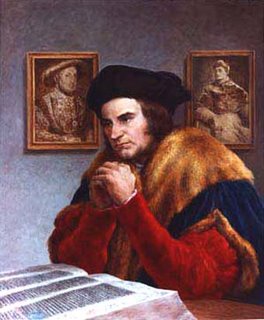
Today is the feast of St. Thomas More, who is one of my most cherished Saints. I’m sure that many of you are familiar with the overall story of his life and courageous death, so I won’t bother summarizing it. If you’re unfamiliar with St. Thomas More, you can read about his life and writings
here.
Many tend to focus on More’s martyrdom as the central point behind his status as a Saint. Nonetheless, it is the way in which he carried himself throughout his entire life that is particularly relevant today- he is an exemplary model for Catholic laypeople who have secular occupations. Indeed, some Catholics nowadays incorrectly assume that people who go into fields that are stereotypically seen as “corrupt”- such as law or business- have selfish intentions behind their choice of an occupation: this is why some Catholics gave me a lot of “flack” for being a business major as opposed to majoring in something that they deemed to be a “higher calling.” However, Thomas More realized that the legal profession- albeit a “secular” occupation- had an important place in society. Hence, he made his work sacred by offering his best efforts up to God, taking time out of his job to pray each day, and intentionally shunning the unethical behavior that was prevalent in the legal system at his time. Likewise, we Catholics who work in secular professions can follow More’s example by integrating our prayer life with our jobs and displaying virtues such as patience and temperance in the workplace. As a Third Order Franciscan, More was always sure to uphold the ideals of St. Francis by never allowing himself to be motivated by the high salary that came with his status as a lawyer.
While he ultimately became a Third Order Secular Franciscan, More seriously discerned becoming either a Carthusian or Franciscan priest. While still practicing as a lawyer, More chose to undergo his discernment by living at the Carthusian Charterhouse in London. Here, the monks led one of the most ascetic lifestyles possible for contemplatives. While at the monastery, More lived in a solitary cell, wore a hair-shirt to “tame his flesh,” and observed the rules of silence and of fasting, for the monks ate only twice a day and without meat. More took over three years to discern his vocation by living with the Carthusians. Ultimately, More realized that God was calling him to a life as a married layman.
More was happy to have finally discovered God’s will for him, but also was a bit frustrated that he had spent three years of his life seriously considering the religious life only in the end to have been called to do something completely different! However, More’s careful and prayerful discernment was essentially an act of love towards God, the monks, and the Church. As John Farrow puts it, “For the true ascetic, and this More was, it was sacrifice to leave the tranquility of the cloister, to reject the mysteries of contemplative life.” However, had he gone against what God wanted for him and followed his own will, he would have been doing the Church a great disservice. Moreover, God chose to place More where he was most needed- as a dedicated Catholic whose life in the workplace and as a husband and father was a living testament to Christ.
